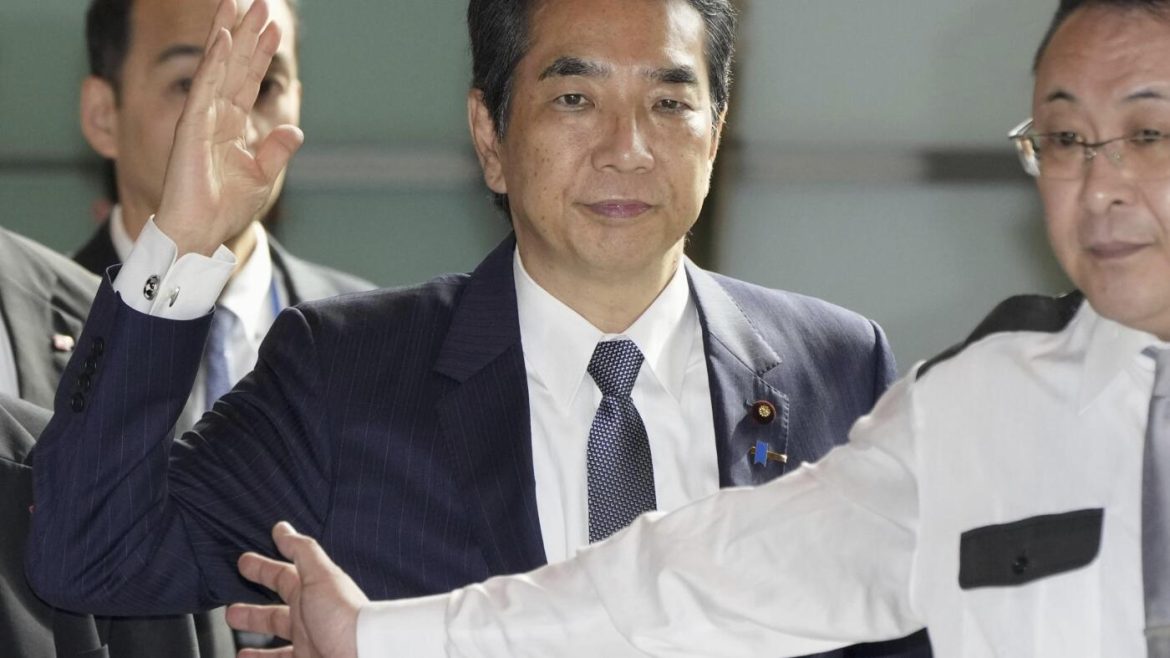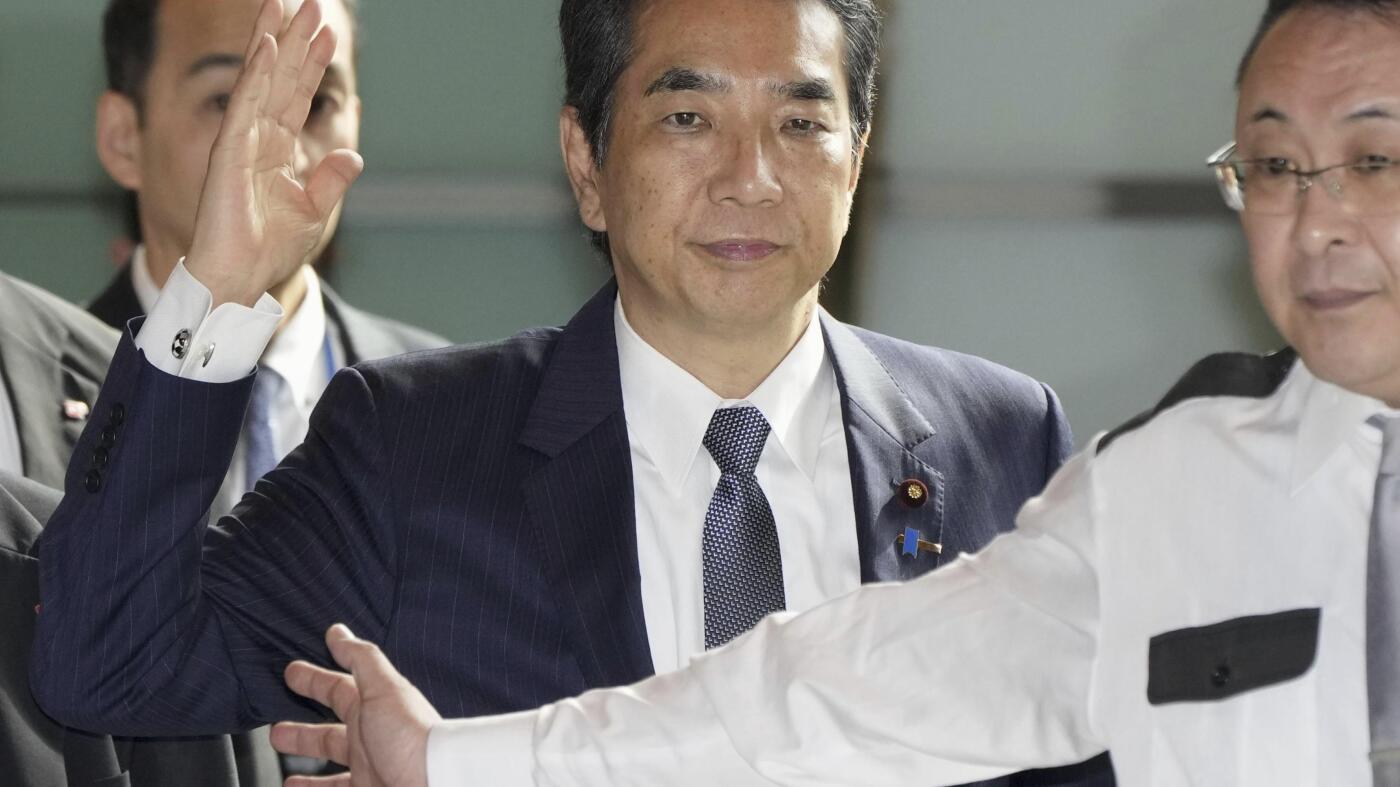Japan’s Agriculture Minister Resignation: A Deep Dive into the Rice Remark Controversy
The turbulent resignation of Japan’s agriculture minister, Taku Eto, has captured international attention, highlighting the intricate interplay between public sentiment, political accountability, and the sensitive issue of food security. This detailed analysis unpacks the circumstances, ramifications, and broader societal implications stemming from Eto’s contentious remark about rice purchasing habits amid soaring rice prices.
Context: The Remark that Sparked Outrage
During a party seminar held in Saga Prefecture, Minister Taku Eto stated that he had “never had to buy rice” because he received it as gifts from supporters. At face value, this comment may seem trivial; however, it struck a raw nerve with the Japanese public. Given that rice is a staple food central to Japanese cuisine and culture, and considering the sharp increase in rice prices—nearly doubling within a year—this declaration was perceived as profoundly out of touch with the struggles ordinary consumers face.
The timing of the remark was crucial: Japan’s citizens were grappling with steep inflation not only in rice but across a range of food items, challenging household budgets amid broader economic uncertainties. Eto’s statement was widely interpreted as tone-deaf and dismissive, symbolizing political detachment from everyday realities.
Political Fallout and Resignation
The backlash was immediate and widespread, drawing ire from consumers, lawmakers, and media alike. Opposition voices criticized the agriculture ministry and the ruling government for apparent complacency and inability to address food inflation effectively.
Prime Minister Shigeru Ishiba faced mounting pressure to act decisively, culminating in Prime Minister Ishiba accepting Eto’s resignation, which the minister tendered promptly following public outcry. Eto publicly apologized, acknowledging his remark as “extremely inappropriate,” and clarified that he does purchase rice himself and does not solely rely on gifted supplies. Nonetheless, he recognized that his continued presence in office would be “not appropriate” amid efforts to tackle rice price challenges.
The resignation served as a symbol of political responsibility amid a fraught environment, signaling sensitivity to public sentiment and the perception of government empathy—or the lack thereof.
Broader Implications: Food Prices and Political Sensitivity
The controversy illuminated several key themes relevant to Japan’s social and political landscape:
– Food Price Inflation: The dramatic rise in rice prices reflects broader inflationary pressures affecting essential commodities. For a staple as culturally and nutritionally significant as rice, such cost increases not only impact household finances but also national food security considerations.
– Public Trust and Political Image: Eto’s comment eroded trust by illustrating a gap between political elites and the average citizen’s experience. Politicians’ awareness and responsiveness to economic hardships influence voters’ confidence in governance, especially during times of hardship.
– Gift Economy and Political Culture: The remark draws attention to Japan’s gift-giving tradition intertwined with political support. Receiving rice as gifts from supporters highlights an aspect of political culture that may seem antiquated or out of sync with modern expectations of public service neutrality and material detachment.
– Media and Political Accountability: Intensive media coverage accelerated the fallout, underscoring the role of journalism in holding officials accountable for their public statements and fostering transparency.
Lessons for Governance and Communication
This incident demonstrates the critical nature of language and symbolism in political communication. Leaders must exercise caution when discussing sensitive issues that affect constituents’ basic needs. Even seemingly minor remarks can catalyze significant controversy when they resonate with existing economic anxieties.
Moreover, the episode emphasizes the value of humility and empathy in public office. Affirming solidarity with constituents’ struggles can help bridge perceived divides and reinforce government legitimacy.
Conclusion: Navigating the Intersection of Food, Politics, and Public Perception
The resignation of Japan’s agriculture minister over his rice purchasing remark serves as a potent reminder of the delicate balance political leaders must maintain. In an era marked by inflationary pressures and heightened public scrutiny, the symbolic weight of words carries immense power.
Addressing food price inflation remains a pressing policy challenge with real consequences for citizens’ livelihoods. Eto’s resignation, borne of a misjudged statement, spotlights the necessity for governance that is both economically effective and culturally attuned. How Japan’s government responds going forward will signal its capacity to restore public trust and safeguard the wellbeing of its people against the backdrop of global economic headwinds.


